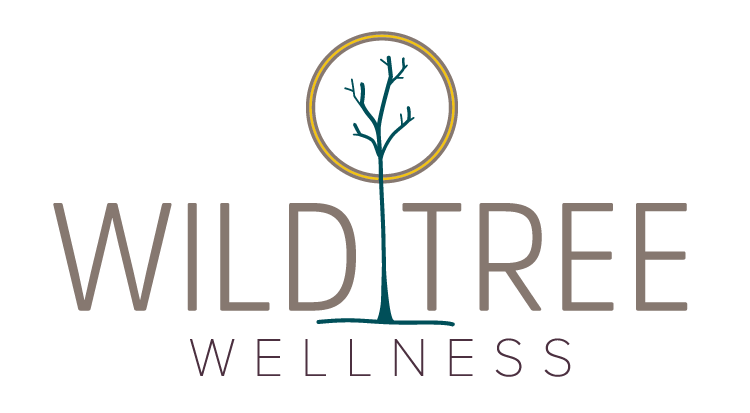Is Anxiety Sapping your Holiday Spirit?
I don’t know if it is the holiday season or the phase of the moon, but it feels like there is anxiety everywhere I turn lately. I am currently reading a book called Motherhood in the Age of Anxiety; Judith Warner (2005) believes that our culture has created a whole generation of anxious mothers. Anxiety is not reserved for only adults or parents; according to Bergland (2017), over the past decade, anxiety has become the most common reason college students seek counseling services. It feels safe to say that there is an epidemic of anxiety. If you are one of the many people in need of some ways to soothe your nerves, keep reading.
If you, like me, need to know why something is being recommended as a precursor to trying it, here is the (very brief) scientific background on my suggestions. We all have a nerve in our bodies – the vagus nerve – which operates as “commander-in-chief” for calming our bodies down during stressful times (Bergland, 2017). The vagus nerve does this by releasing a hormone called acetylcholine (ACh) into your bloodstream; ACh acts as a neurotransmitter in the body. Acetylcholine “slows your heart rate and calms your nervous system like a tranquilizer” (Bergland, 2017). If I told you that I knew of a way to get your body to release this amazing tranquilizer-like hormone, would you try it? First, take a deep breath; breathe down into your belly so that your diaphragm rises; when you feel like you can’t inhale any more, take two more “sips” of air and really expand your lungs. Hold your breath there for at least one second before slowly exhaling all of the air out of your lungs. When you do this, your body will automatically make you take another deep inhale (assuming you exhaled all the air out of your lungs). This one breath should take at least fifteen seconds. There you have it! You just released acetylcholine into your bloodstream! How do you feel? You may not feel completely calm, but I would encourage you to try taking three or more deep breaths like this to get the full effect. A word of caution: some people feel dizzy when doing this, so try it in a safe place while seated first. You can do this whenever you are feeling stressed; it is free and readily available no matter your circumstance (e.g. a holiday meal with relatives who insist on discussing politics very different from your own).
If you can squeeze out a few minutes between holiday to-do’s, there is also some very good research indicating that activities like exercise, yoga, meditation, and journaling also stimulate the “feel-good” effects of the vagus nerve. Grossmann et al. (2016) hypothesize that speaking to yourself in third person can also be very calming. My personal spin on this is to channel your inner loving parent and speak to yourself with kindness and understanding: “Jane, this has been a challenging [insert appropriate noun: meal, day, etc.]. You are not alone, and you will get through this.”
No matter where you are in life, you are not exempt from the potential discomfort that comes with feeling stressed and/or anxious. Try to take some deep breaths and know that your body is capable of providing some of its own soothing for you during this very busy time of year. Happy, safe holidays to you and your loved ones.
Written by Alexis Anttila, MA, LAMFT
References:
Bergland, C. (2017, Oct 15). Vagus Nerve Facilitates Guts, Wits, and Grace Under Pressure. Psychology Today. https://www.psychologytoday.com/blog/the-athletes-way/201710/vagus-nerve-facilitates-guts-wits-and-grace-under-pressure?collection=1108996
Grossmann, I., Baljinder K. S., & Ciarrochi, J. (2016). A heart and a mind: Self-distancing facilitates the association between heart rate variability and wise reasoning. Frontiers in Behavioral Neuroscience. doi: 10.3389/fnbeh.2016.00068
Warner, J. (2005). Perfect madness: Motherhood in the age of anxiety. New York, NY: Penguin Group.
Photo credit: pexels.com
